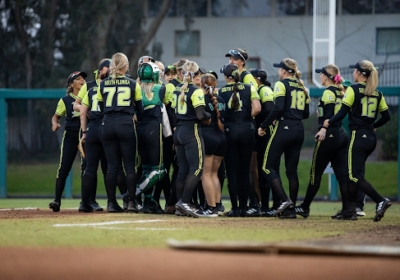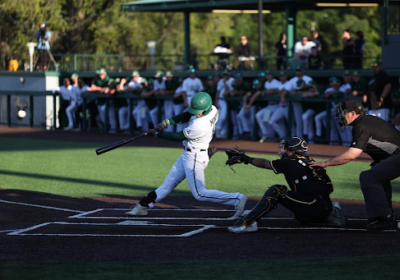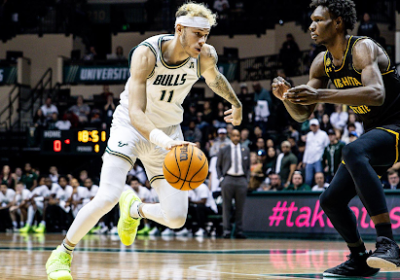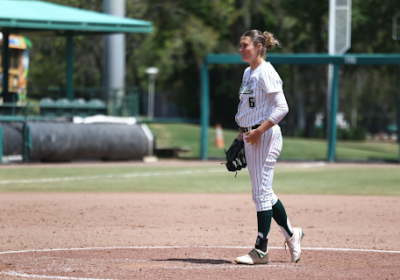NCAA grants additional year of eligibility for spring athletes
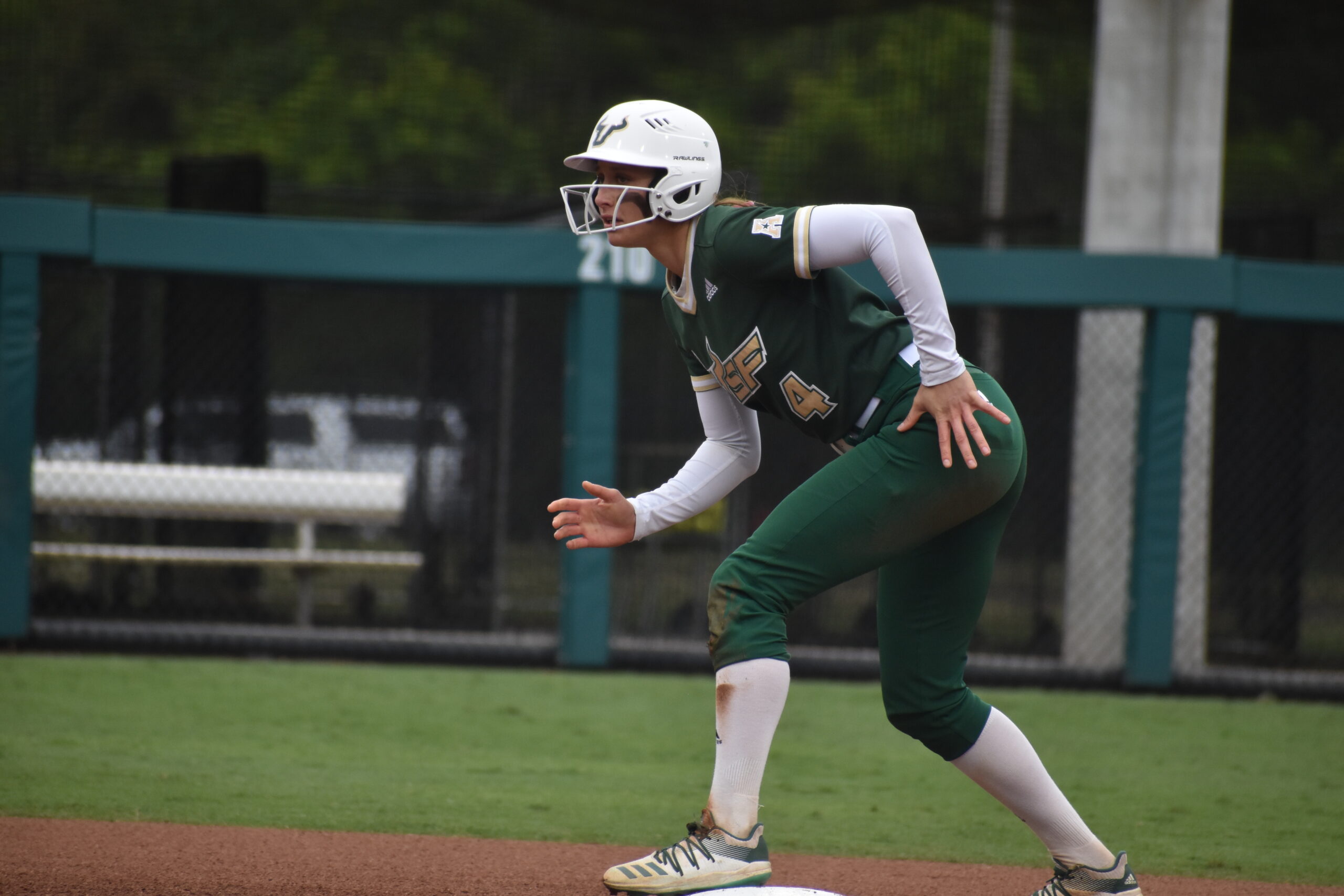
The NCAA Division I Council voted Monday to allow an additional year of eligibility for student-athletes competing in spring sports who had their season cut short amid the ongoing coronavirus (COVID-19) pandemic.
The decision only applies to spring sports, such as baseball and softball, and does not apply to winter sports, such as basketball and hockey. The NCAA declined to extend eligibility due to most or all of their respective regular seasons being over before championships were canceled.
As part of the vote, schools will be allowed to carry more student-athletes on scholarship to account for incoming freshmen who ordinarily would have replaced outgoing seniors. Baseball, the only sport to have a roster limit (ordinarily 35), was allowed an increase. No exact numbers for either were directed by the NCAA, allowing individual schools to make their own decisions.
“The Council’s decision gives individual schools the flexibility to make decisions at a campus level,” Council chair and Penn athletic director M. Grace Calhoun said in a statement. “The Board of Governors encouraged conferences and schools to take action in the best interest of student-athletes and their communities, and now schools have the opportunity to do that.”
The NCAA also decided that due to financial uncertainty facing higher education, schools do not have to award the same level of scholarship, if any, to a student-athlete who would have exhausted their eligibility — defined as four seasons in a five-year period — in 2020 and chooses to come back. However, schools will be able to use the NCAA’s Student Assistance Fund to pay for scholarships for seniors who choose to come back in 2021.
The decision also allows schools to extend each spring sport’s student-athletes’ five-year period by a year, meaning a junior in 2020 who has never redshirted would still be a junior in 2021 and could still redshirt if medically necessary in the future. The NCAA did not announce any scholarship implications for those student-athletes.
The decision comes after the NCAA Division I Coordination Committee announced on March 13 it was in favor of extending eligibility by a year for student-athletes in spring sports. That announcement came the day after the NCAA canceled all of its remaining winter and spring championships.
Divisions II and III already voted to grant an additional year of eligibility for their student-athletes, though few student-athletes receive full athletic scholarships in Division II, while scholarships are not awarded at all in Division III.


